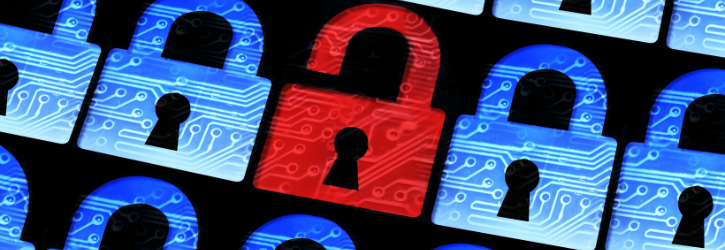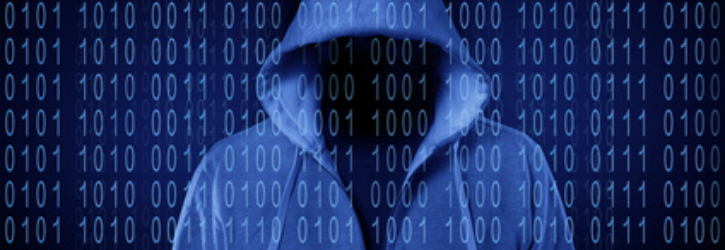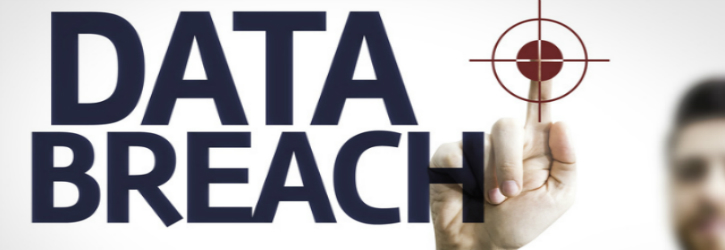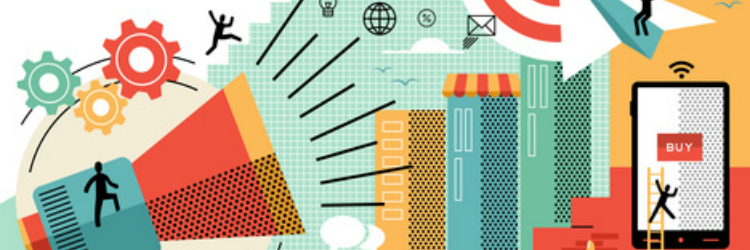
Welcome To The Data Leak Lawyers Blog
We focus on the latest news surrounding data breaches, leaks and hacks plus daily internet security articles.

We focus on the latest news surrounding data breaches, leaks and hacks plus daily internet security articles.

Following on from Three’s data breach, Three’s mobile customers aren’t happy… me included.
Three has had a lot of difficulty in ascertaining the exact amount of customers that were affected by the recent data breach. They’ve confirmed that hundreds of thousands out of their ten million customers could be affected though, so we’re talking big numbers here.
read more

Adobe Systems has now been fined $1 million for the data breach that occurred in 2013.
Initially, it was believed that 38 million accounts were breached, but the total was then decreased to around half a million.
That’s still a heck of a lot of breaches though!
read more

Following what was dubbed as the largest cyber-attack in U.K. banking history, Tesco Bank has a lot to answer for in terms of the ‘suspicious activity’ of 40,000 bank accounts, which led to thousands being successfully hacked, and money going missing.
What originally was thought to be a hack into 20,000 customer accounts was revised down to 9,000, in which £2.5 million was stolen.
read more

Nottinghamshire Police is investigating a data breach after reports that confidential information was accidentally sent via email to all 730 employees at Broxtowe Borough Council (BCC). The contents of the email made allegations against someone’’ conduct at BCC, which is easily arguable as a private and personal matter,
This could constitute as a serious breach of the Data Protection Act.
read more

Three’s CEO, David Dyson, has admitted that there has been a massive security breach, potentially affecting around six of their nine million mobile phone customers.
As a Three customer myself, I was mortified to hear of the news. Without delay, I changed my password… not that I think this would make a huge difference since the damage has already been done.
read more

The Information Commissioner’s Office (ICO) prosecuted and fined a former NHS employee, Beverley Wooltorton, for the unlawful access of personal information.
The fine imposed amounted to around £1,300 under section 55 of the Data Protection Act (DPA), where it’s unlawful for individuals to obtain personal data ‘knowingly’ (in this case) or ‘recklessly’ without the consent of the data controller, as well as accessing the information for personal reasons.
read more

Netflix users are being urged to change their passwords following a data hack from another company. This may be a precautionary measure though, and it started when Netflix found some users were using the same passwords across accounts.
This concern was further cemented with the confirmation of another company’s data being hacked and leaked. The leaked data flags up warning signs that Netflix users who are using the same passwords across accounts may have their data breached in a sort of domino effect.
read more

The Home Office’s demands for schools’ census data may be a breach of human rights and data protection rights. They have requested information for some 2,500 children in relation to immigration enforcement over the past 15 months.
This in itself is a pretty sensitive subject off the back of the United Kingdom’s decision to leave the European Union. But equally as important is the fact that this request may actually be a breach of people’s rights.
read more

It has been quite a busy time for the European’s Article 29 Data Protection Working Party (WP29). After writing an open letter to Yahoo addressing the data breach which caused over 500 million users personal details to be stolen, the WP29 has also written to WhatsApp.
The concern surrounds the change in WhatsApp’s privacy settings, where it allowed Facebook to access their users’ data.
Is this an infringement?
read more

Following the massive Yahoo data leak – which involved over 500 million user accounts being accessed – the EU’s Article 29 Data Protection Working Party (WP29) has put tremendous pressure on the multinational technology company to explain the breach.
This can only be a good thing – these mass data breach organisations need to be held to account, and need to be robustly questioned on how they have managed to allow such breaches to happen!
read more
EasyJet admits data of nine million hacked
British Airways data breach: How to claim up to £6,000 compensation
Are you owed £5,000 for the Virgin Media data breach?
Virgin Media faces £4.5 BILLION in compensation payouts
BA customers given final deadline to claim compensation for data breach
Shoppers slam Morrisons after loyalty points stolen
Half a million customers can sue BA over huge data breach
Lawyers accuse BA of 'swerving responsibility' for data breach
The biggest data breaches of 2020
Fill out our quick call back form below and we'll contact you when you're ready to talk to us.